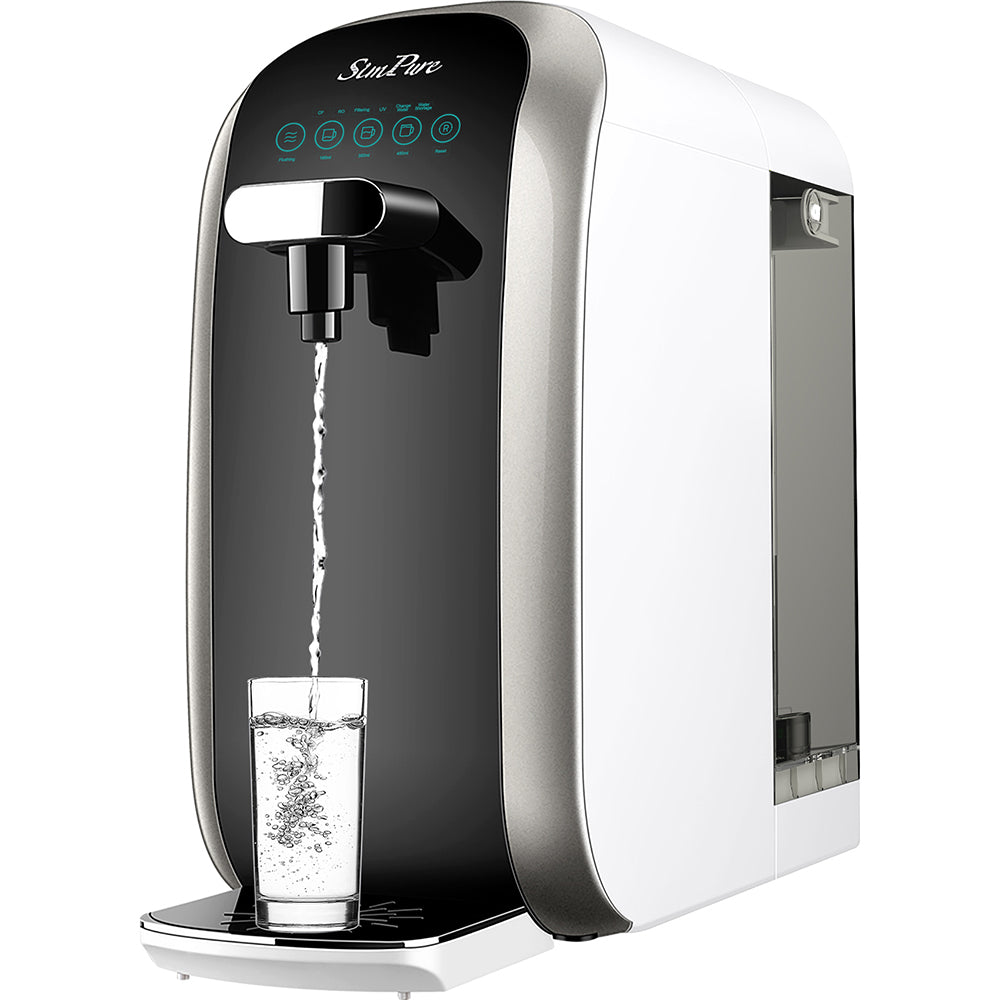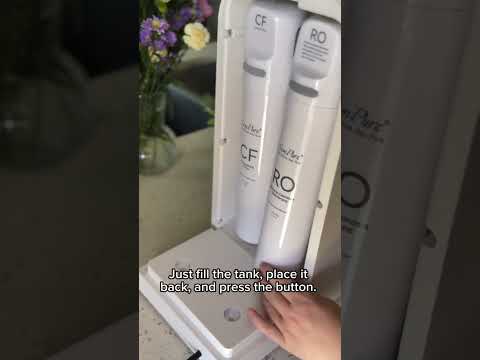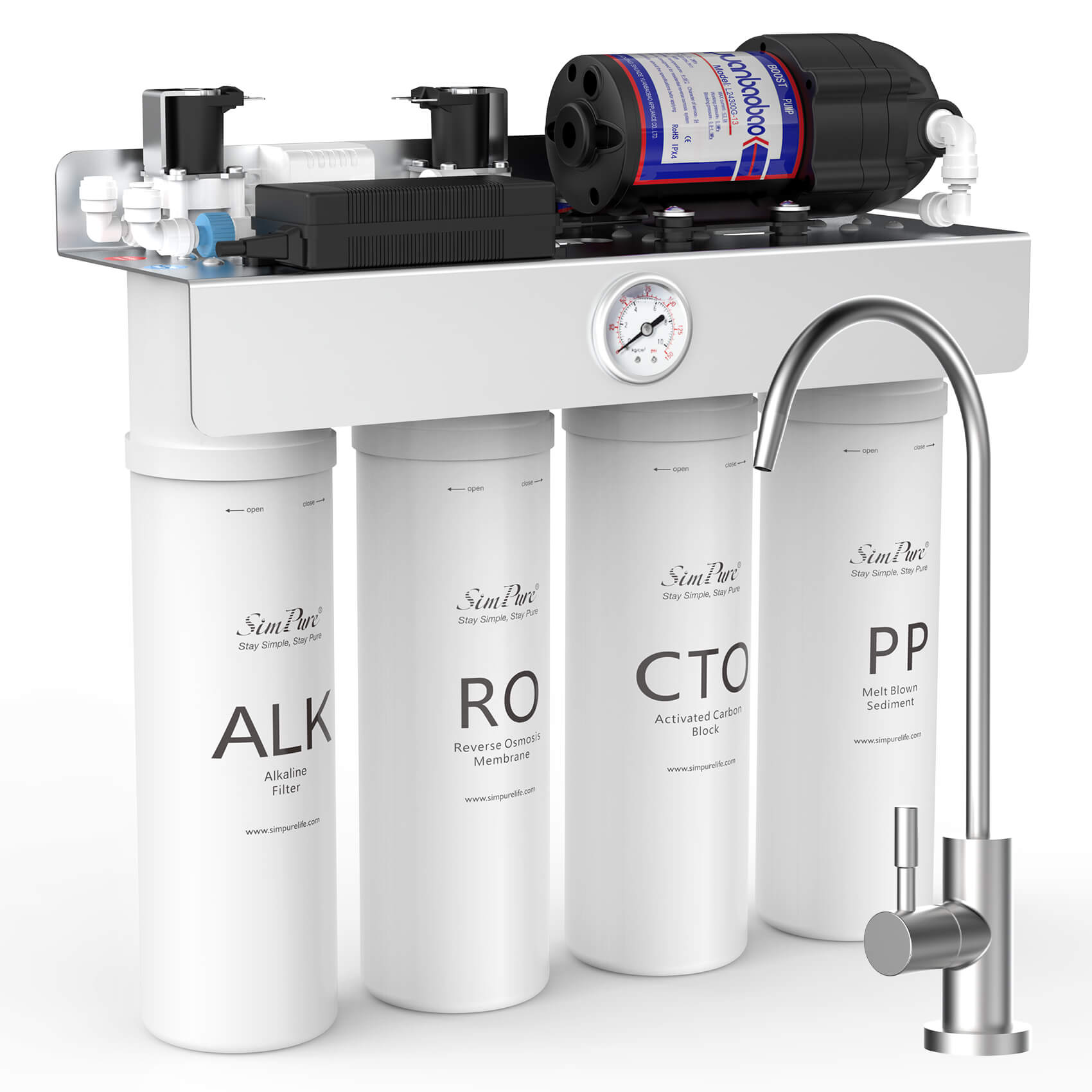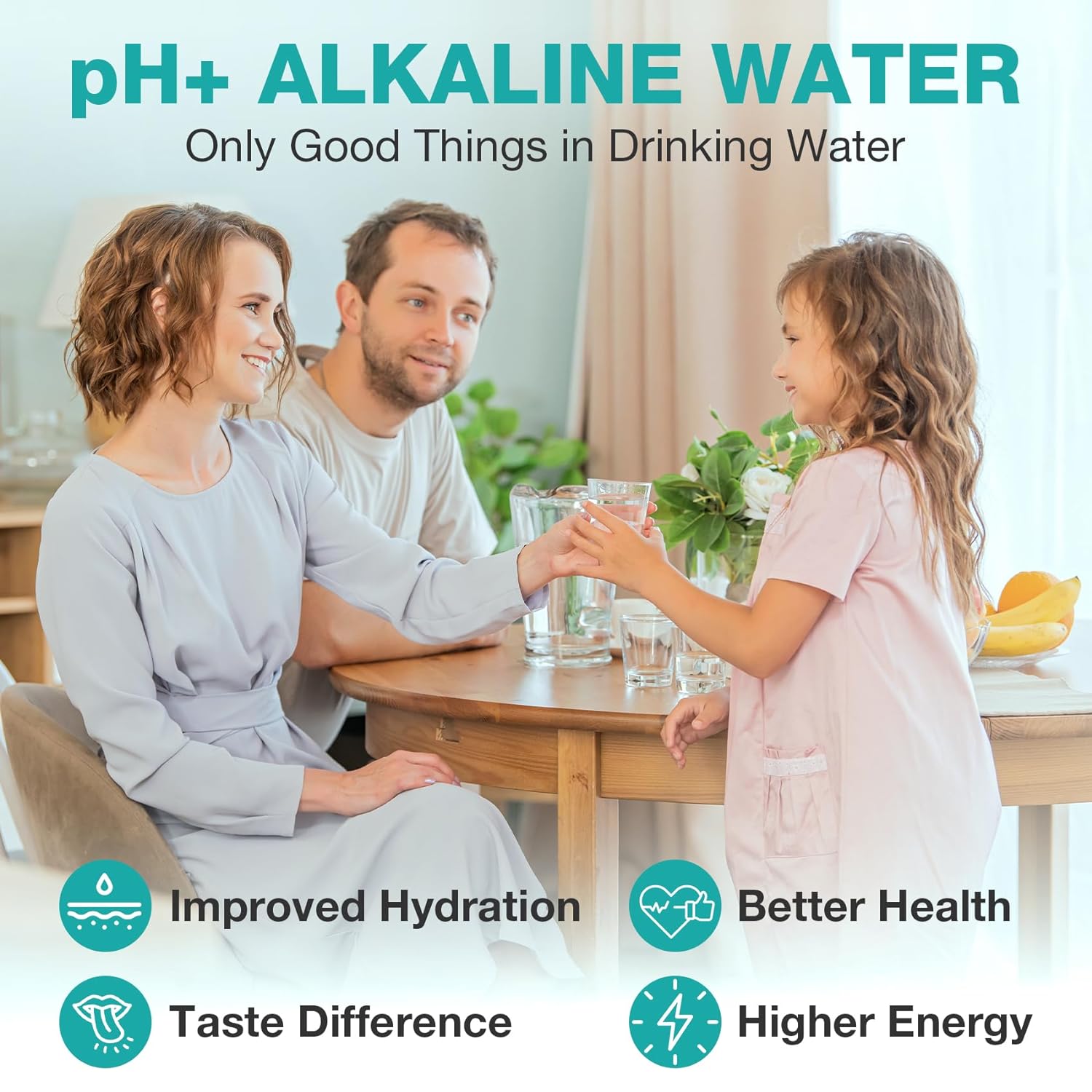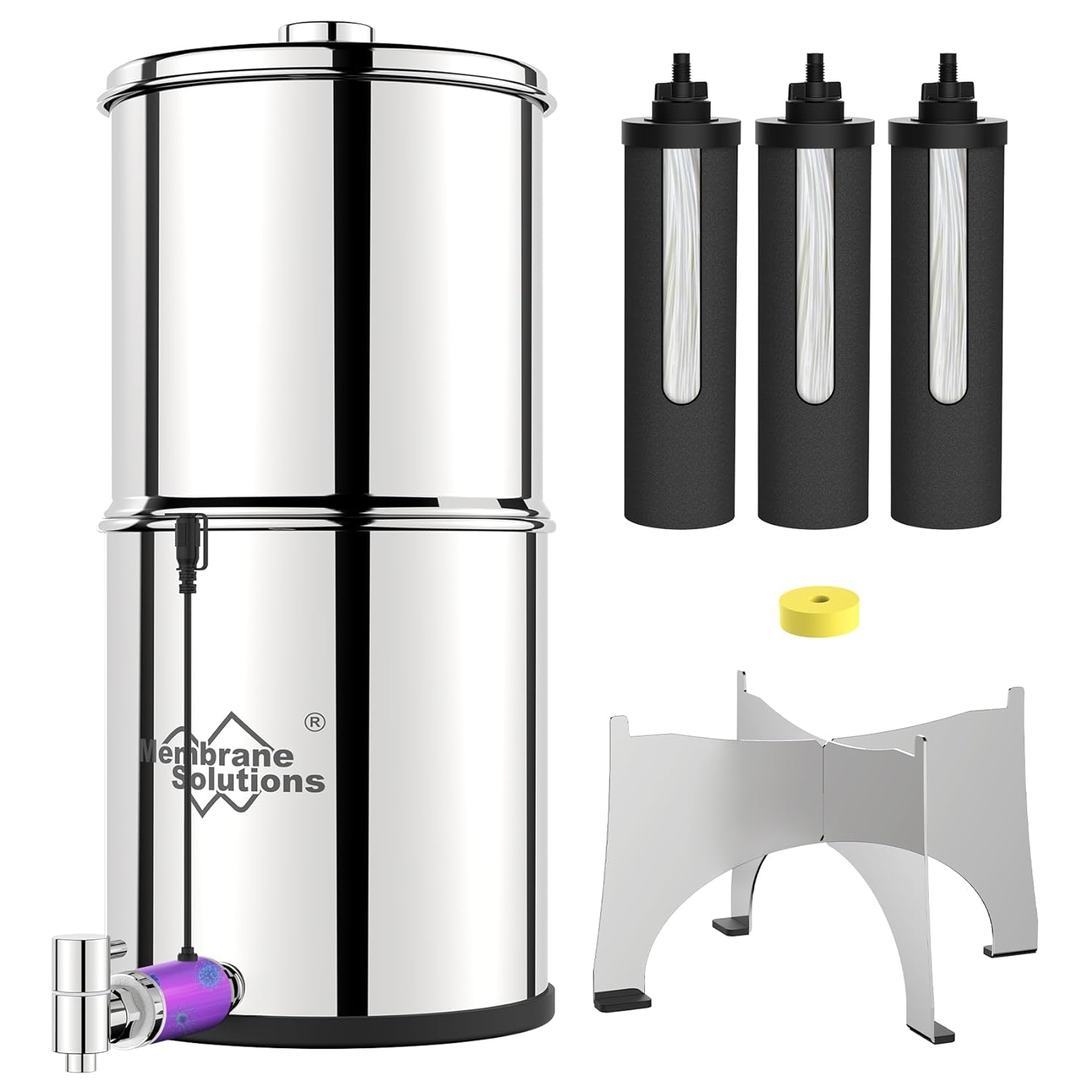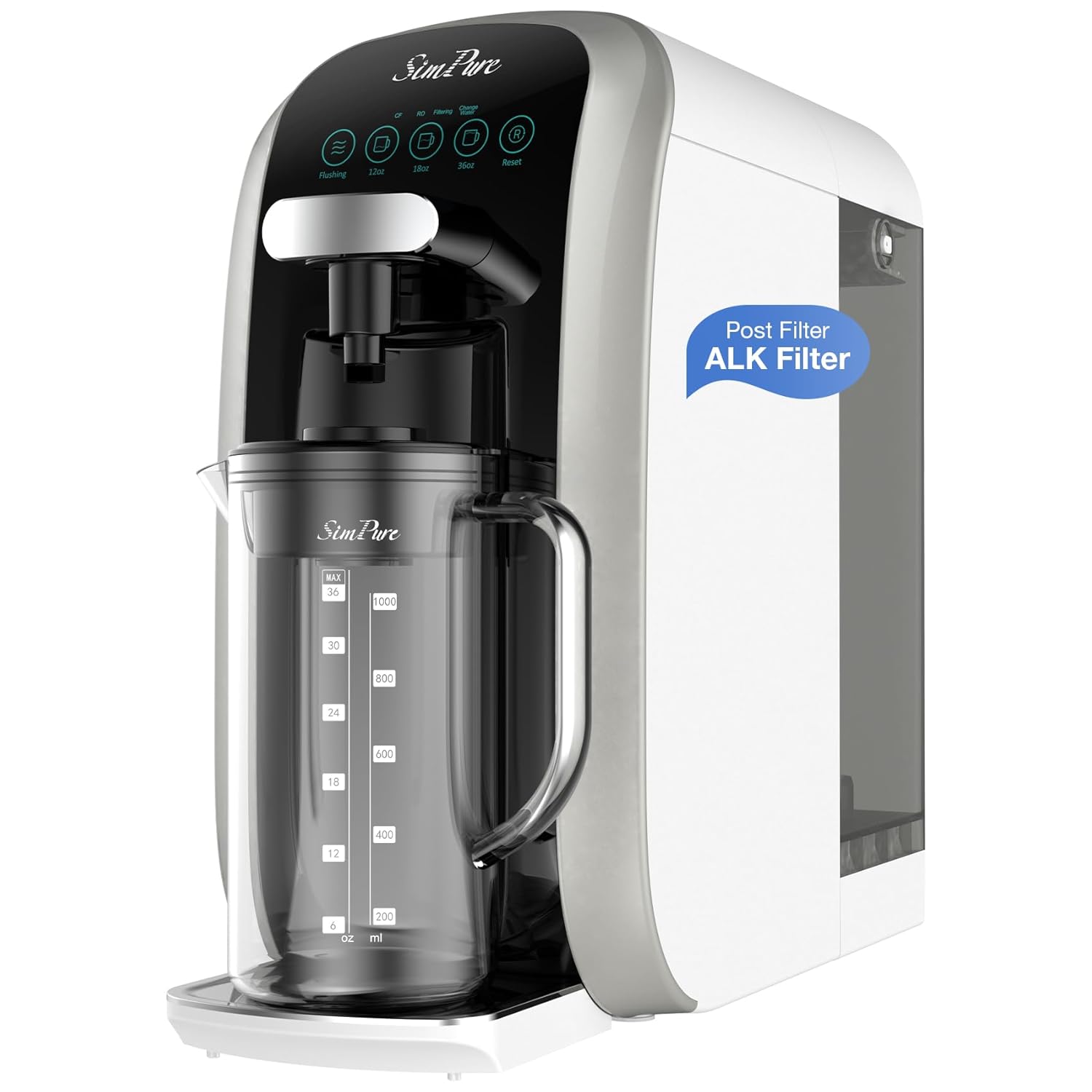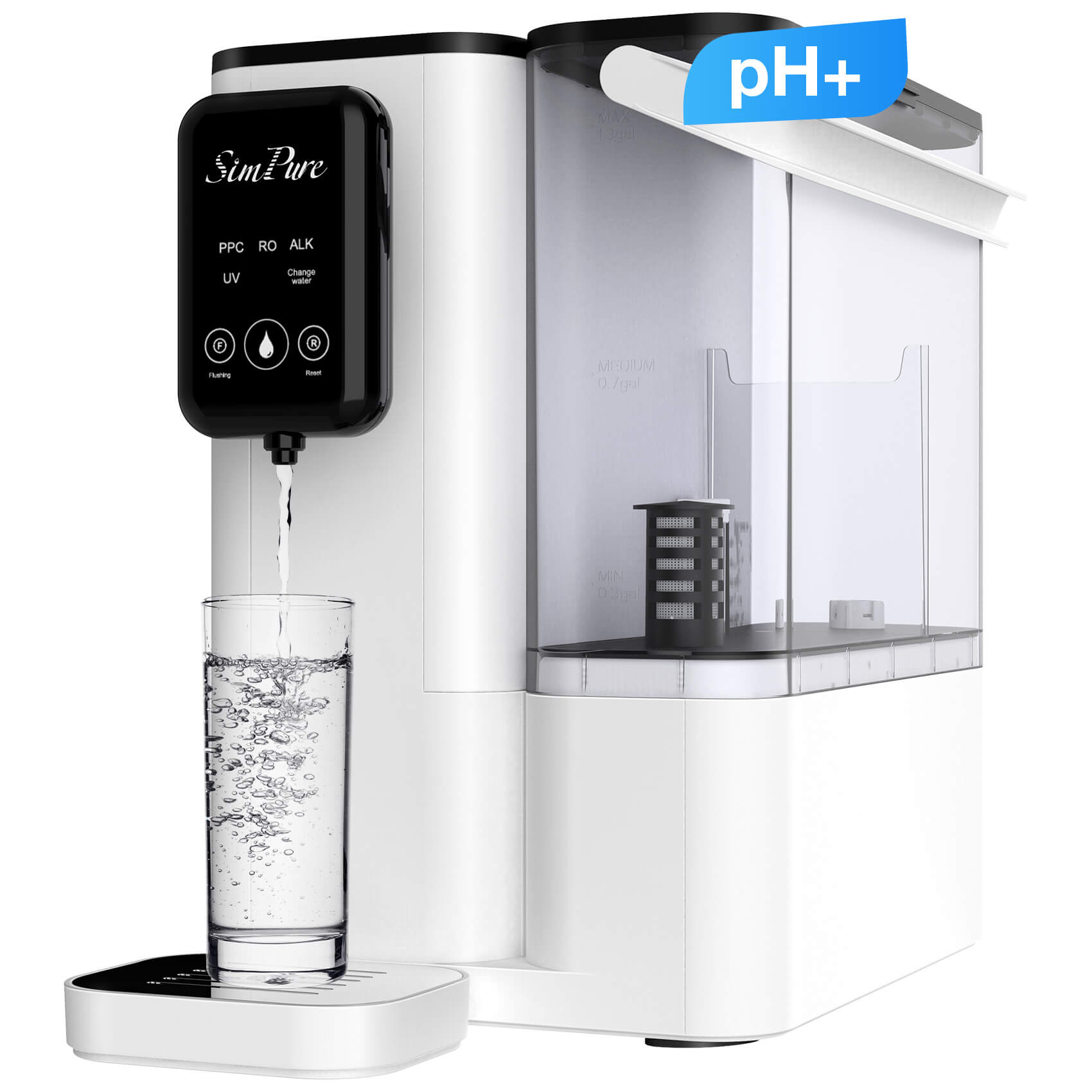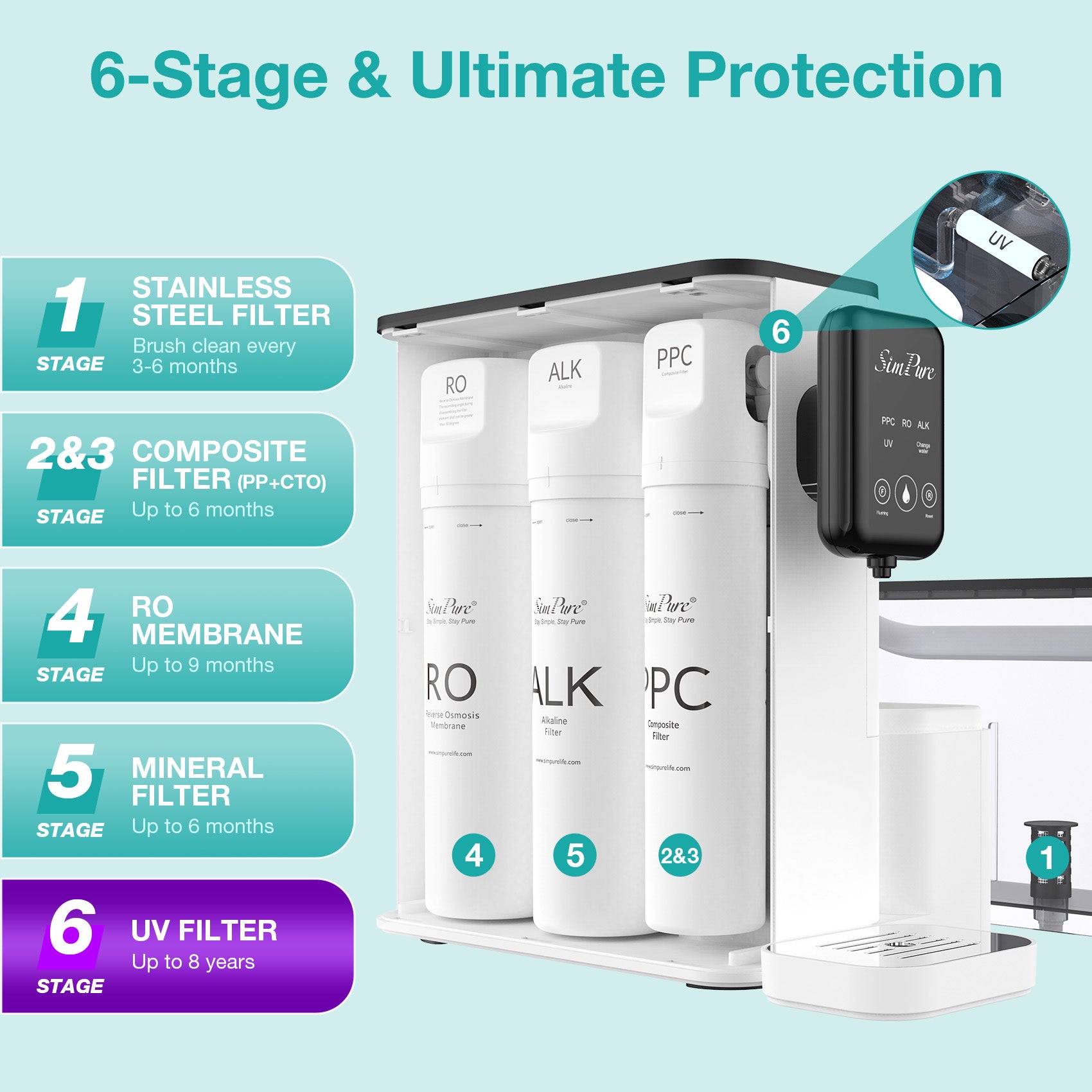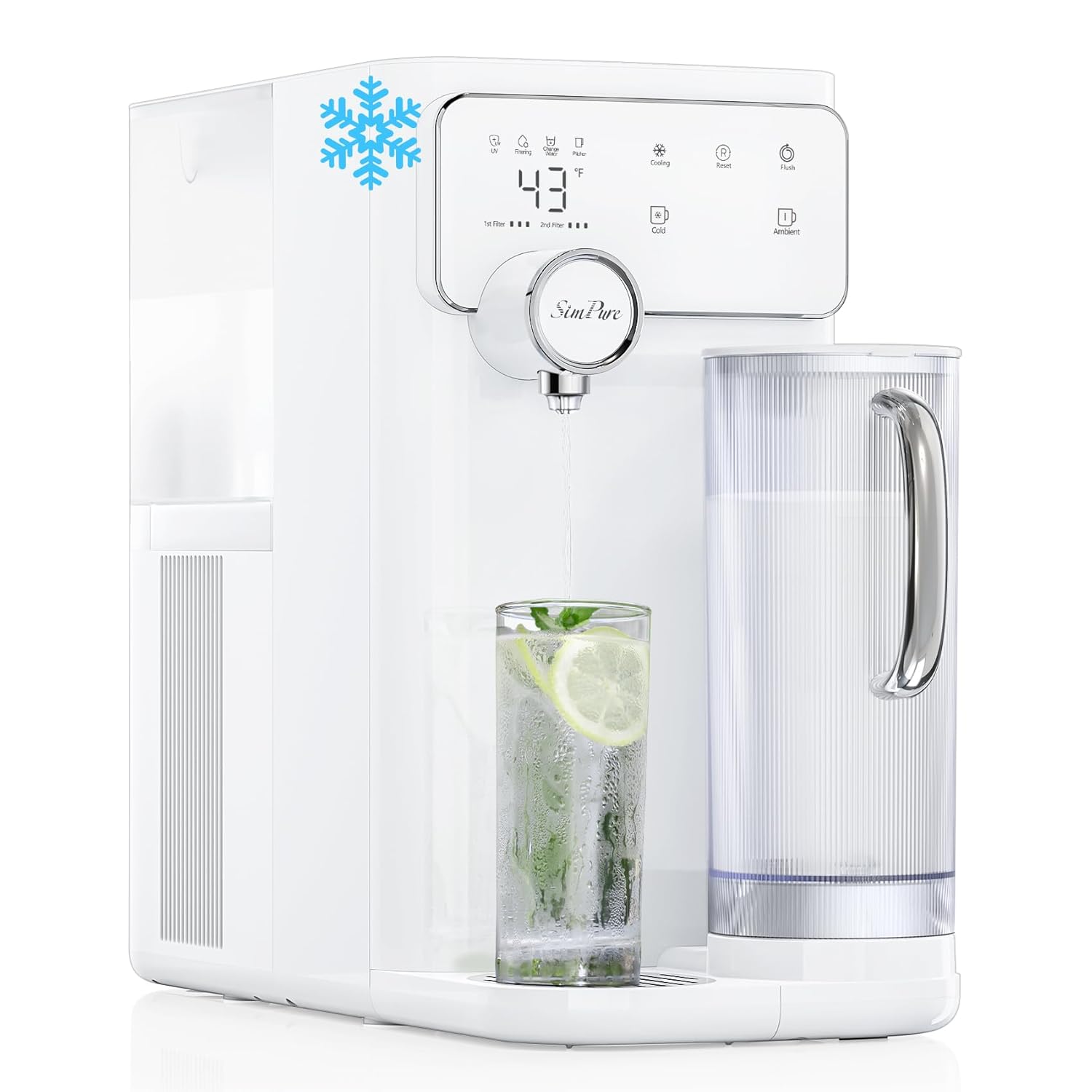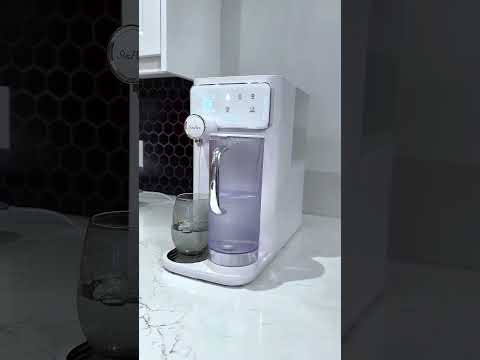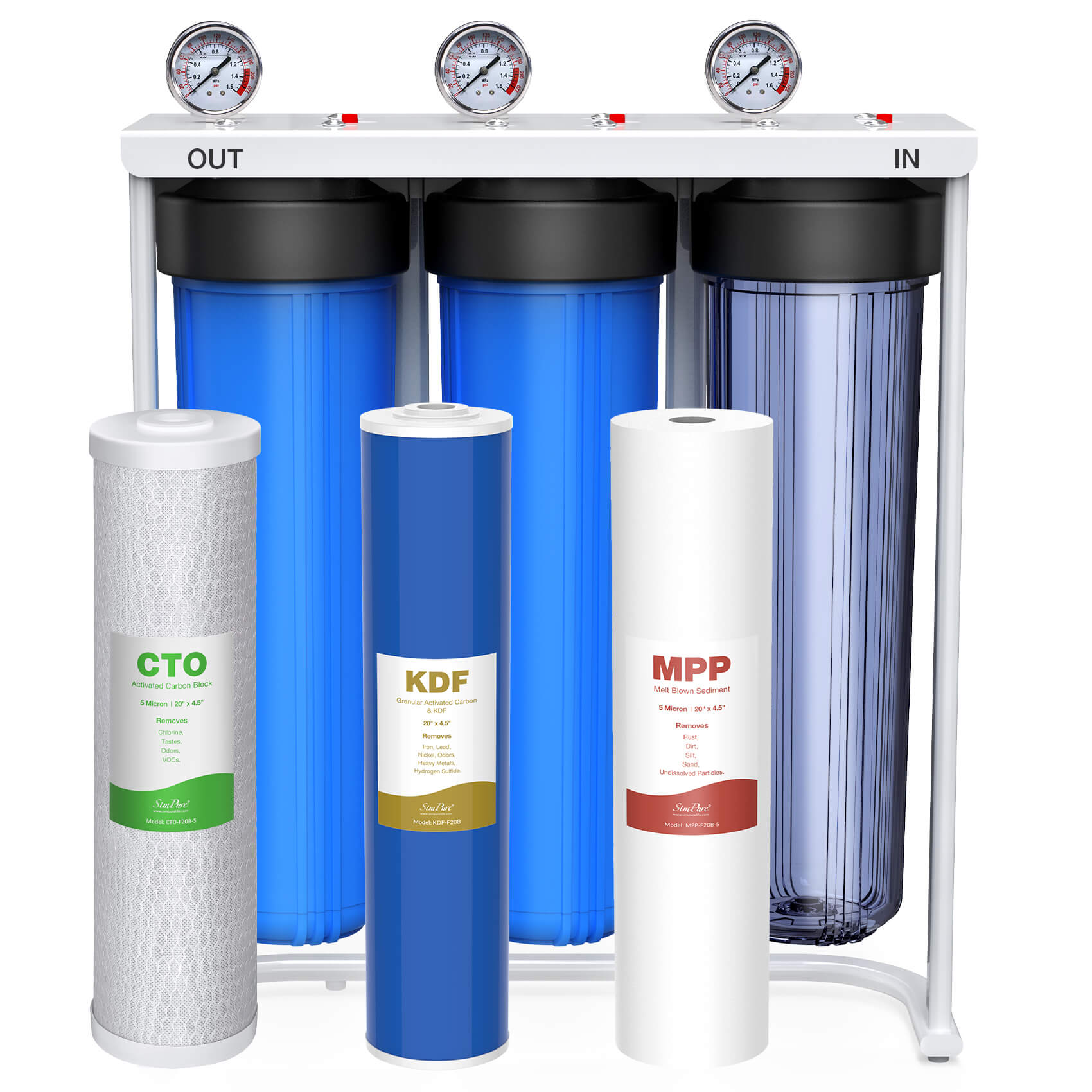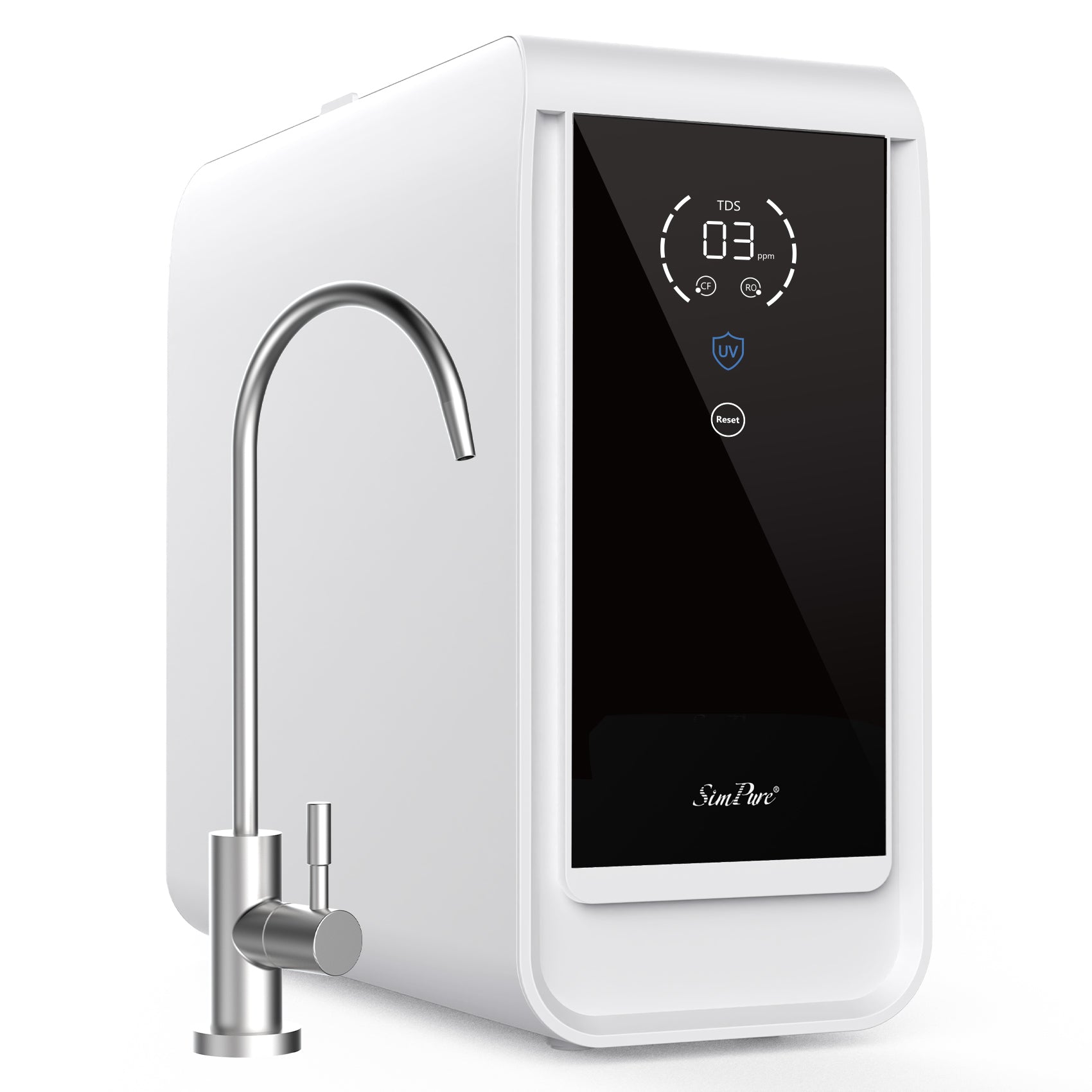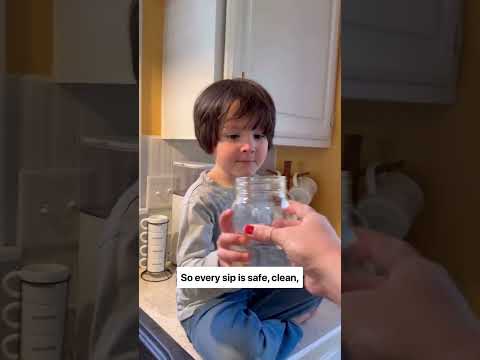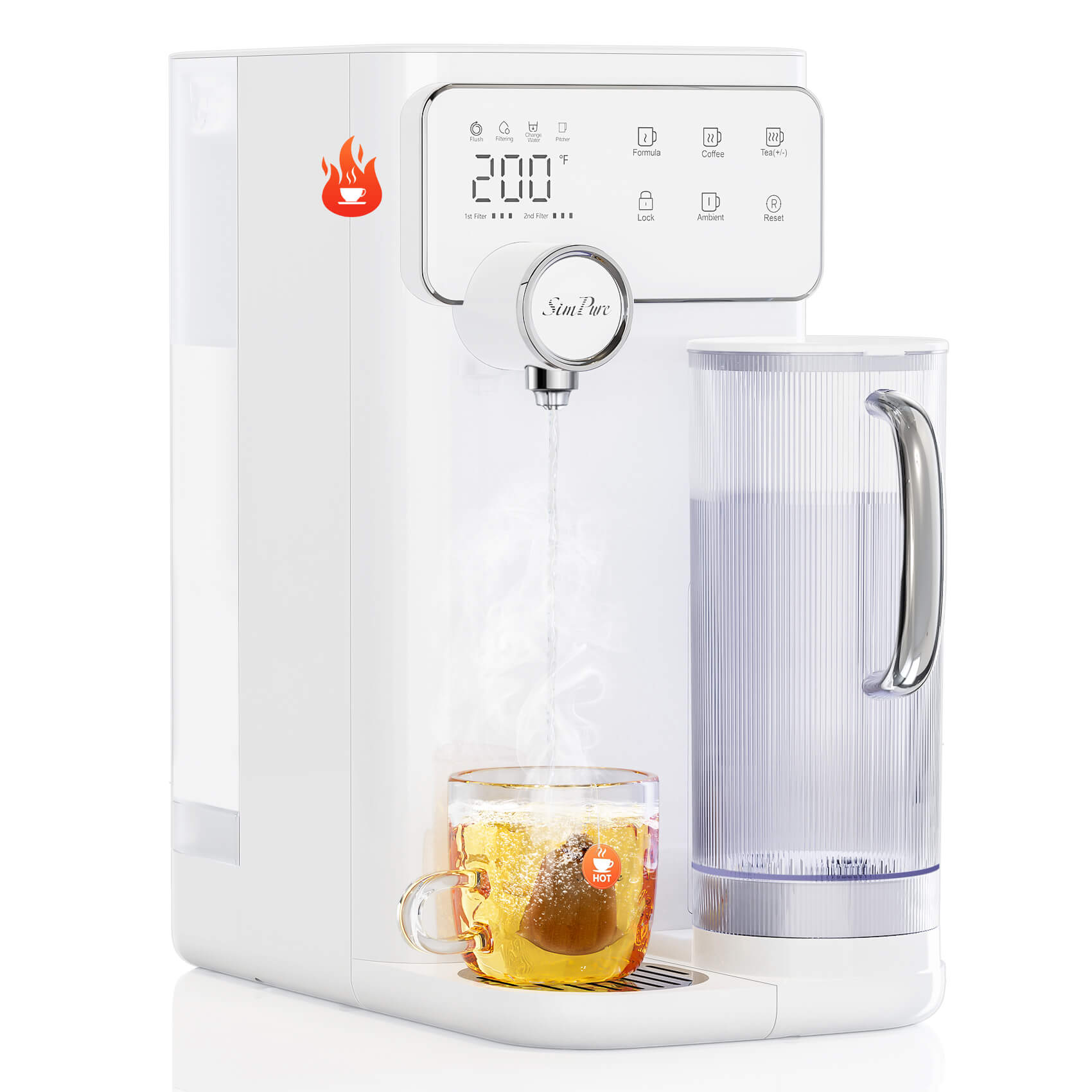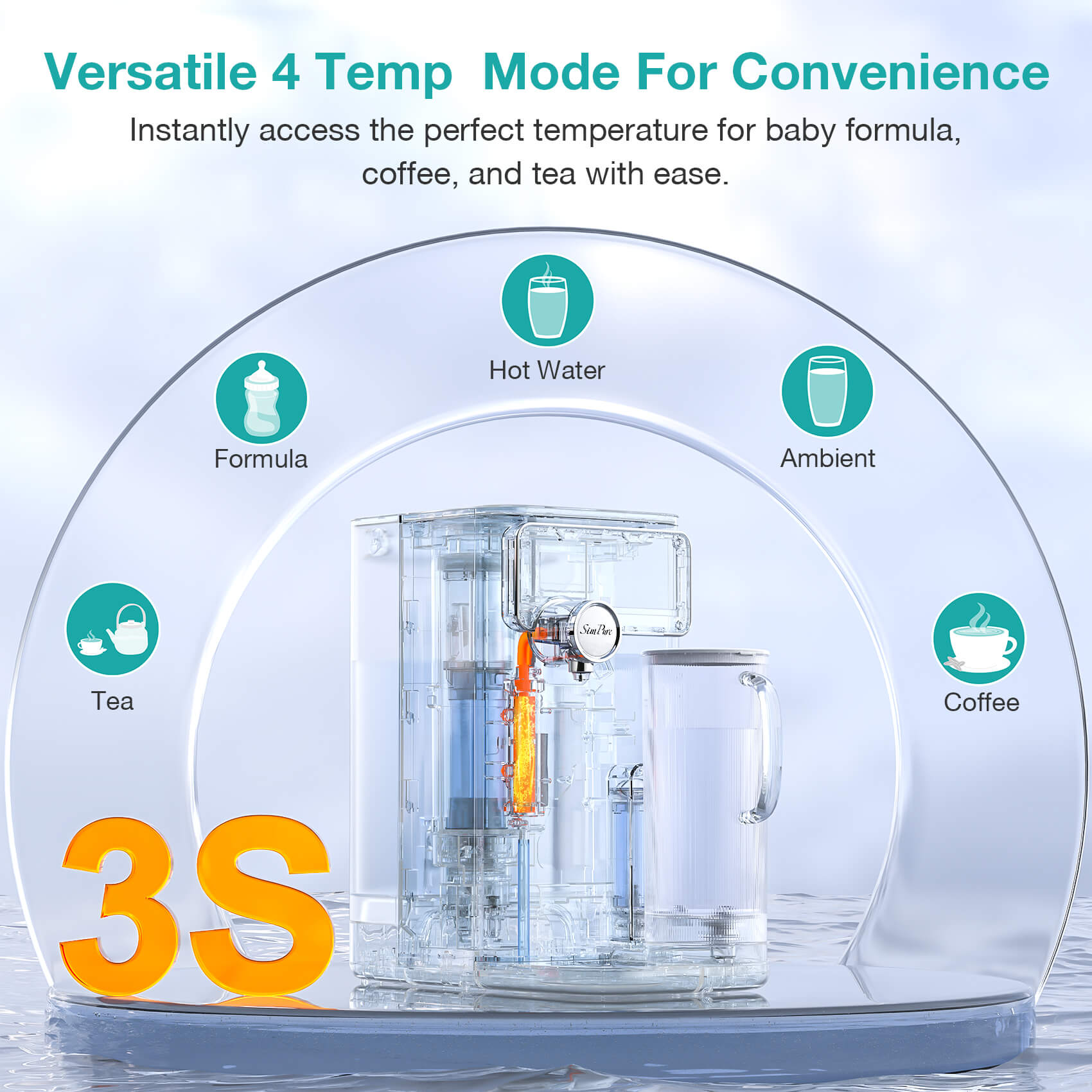There are two types of pure water generators generally used to make pure water: water distillers and water filters. Water Distiller vs Water Filter, the biggest difference between the water distiller and water filter is that the principle of making pure water is different. These two types of equipment have their own uses, advantages, and disadvantages. How do we choose when a water distiller vs water filter? Let's take a look at some of the differences between the water distiller and the water filter.
Purification Method: Distiller uses heat; Filter uses filtration process.
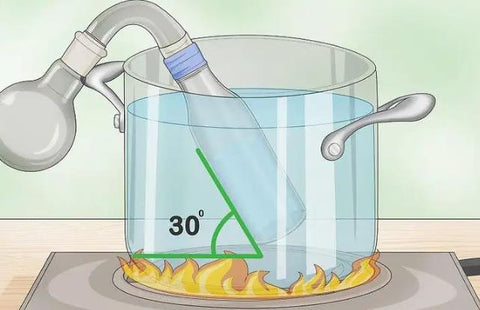
A water distiller works by heating water to create steam, then cooling the steam to produce distilled water. This method removes nearly all contaminants, including bacteria, viruses, heavy metals, and chemicals. The result is ultra-pure water, free from most harmful substances. However, because the distillation process removes everything—including beneficial minerals like calcium and magnesium—the water produced can taste flat or bland. It’s perfect for situations where purity is the highest priority, like laboratory use or medical purposes.
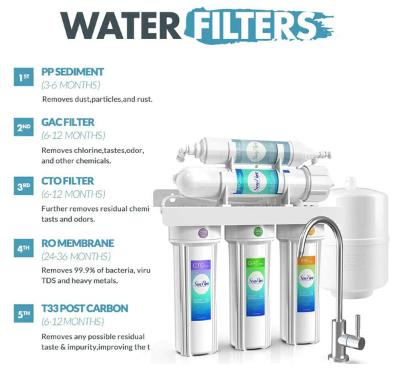
On the other hand, a water filter purifies water by passing it through layers of filters designed to capture impurities, such as chlorine, sediment, and some heavy metals. Unlike distillation, a filter allows minerals like calcium and magnesium to remain in the water, which contributes to better taste and health benefits. Filtered water can provide a balance between purity and mineral content, making it a great option for daily drinking, cooking, and hydration.
Water Quality: Distiller produces ultra-pure water; Filter retains minerals.
A water distiller is designed to purify water by heating it to its boiling point, causing it to evaporate as steam. This steam then condenses back into liquid form, leaving behind most contaminants. As a result, the water is extremely pure, with very few impurities left. However, this purification process also removes natural minerals such as calcium and magnesium, which can be important for taste and health. Distilled water is ideal when you need the highest level of purity, but it lacks the essential minerals present in most water sources.
Water filters, on the other hand, provide a more balanced approach to purification. They typically use a combination of mechanical filtration, carbon filtration, and sometimes reverse osmosis to remove contaminants like chlorine, sediment, and heavy metals. The key difference is that filters retain beneficial minerals such as calcium and magnesium, which contribute to the taste and provide health benefits. Filtered water is a popular choice for drinking and cooking because it strikes a balance between clean water and maintaining mineral content.
Water Production Speed: Distiller is slower; Filter produces water instantly.
Water distillers are slower in producing water because they require the heating of water to its boiling point, followed by condensation. The process can take several hours depending on the distiller’s capacity. While they purify water to an extremely high level, the time it takes to produce even a few liters of water makes them less convenient for daily use when large quantities are needed quickly.
In contrast, water filters provide an instant solution. Once connected, they begin producing clean, purified water right away. The speed at which water is filtered can vary depending on the system, but in most cases, it’s much faster than distillation. This makes water filters more practical for daily household use where continuous water availability is important.
Energy Consumption: Distiller requires more electricity; Filter uses minimal power.
Water distillers are energy-intensive devices. Since the process involves heating water to its boiling point and then maintaining that temperature for several hours, they consume a lot of electricity. The power usage typically ranges from 4000 to 20,000 watts depending on the model. This can lead to higher electricity bills, especially if the distiller is used frequently.
On the other hand, water filters are much more energy-efficient. Most filtration systems, including activated carbon and reverse osmosis filters, use minimal electricity, often only consuming power for a small pump or UV light if present. This makes them a much more cost-effective option for households, as they don’t significantly increase your power consumption.
Maintenance: Distiller needs regular cleaning; Filter needs cartridge replacement.
Water distillers require regular cleaning to maintain optimal performance. Over time, mineral buildup and impurities can accumulate inside the distiller, particularly around the heating element. To prevent scaling or potential damage to the unit, it’s essential to clean the distiller frequently, often every few uses. The cleaning process can be a bit tedious and time-consuming, as it involves removing mineral deposits and ensuring the system remains in good condition.
In contrast, water filters require less frequent cleaning but do need regular cartridge replacement. The filter cartridges become clogged with contaminants over time, and once they are saturated, they lose their effectiveness. Depending on the type of filter, cartridges typically need to be replaced every 6-12 months. While this is simpler than cleaning a distiller, neglecting cartridge changes can lead to a decrease in filtration efficiency.
Pros and Cons of Water Distillers
Pros:
- High purity: Removes almost all contaminants, including microorganisms.
- No filter replacements: No need for frequent filter changes, reducing recurring costs.
- Long lifespan: Distillers are durable with proper care.
Cons:
- Slow water production: Produces water slowly—usually 1 gallon every 4–6 hours.
- High energy use: Requires electricity to boil water, which increases utility bills.
- Removes minerals: Also removes beneficial minerals like calcium and magnesium.
- Manual refill: Needs regular filling and cleaning for continued operation.
Pros and Cons of Water Filters
Pros:
- Faster water output: Filters can purify water instantly or on demand, unlike distillers, which take hours.
- Energy-efficient: Most filters don’t require electricity or use very little, saving on energy bills.
- Keeps essential minerals: Unlike distillers, filters like SimPure Y7T-BW-A Countertop RO System often retain beneficial minerals like calcium and magnesium.

- Variety of options: From under-sink to countertop and pitcher filters, there’s a solution for every home.
- User-friendly: Fully automated systems require minimal attention—no boiling or manual filling needed.
- Cleaner taste: Many filters improve water’s flavor and smell by removing chlorine and organic matter.
Cons:
- Filter replacements: Filters need regular replacement to maintain performance.
- Not always as pure as distilled water: Some advanced contaminants may require multi-stage systems.
Water Distiller vs Water Filter Specifications Comparison
| water distiller | water filter | |
| Water quality | Unable to effectively remove various impurities | Sterile, pyogen-free, ultra-low TOC |
| Resistivity | can not reach the megohm level | 18.25MΩ/CM |
| Water production capacity | 5-20L/H | 5-100L/H |
| Convenience | The speed of water production is slow, and there is a hidden danger of an untimely water supply | Take it as you use it, and make water in time |
| Water consumption ratio | 1:3 (concentrated water) | 1:18 (cooling + discharge) |
| Electric power | 4000-20000W | 20-120W, saving more than 99% of electricity bills |
| Automation | Need special care, there is an azeotrope | Automatic water production, safer and more reliable. No azeotrope. |
| Maintenance difficulty | Easy to dry burn, easy to scale, difficult to clean, high operating cost, easy to interrupt use | Automatic cleaning function, unique design for easy maintenance, low operating cost |
So, if you want the absolute purest water possible, especially for lab work, baby formula, or medical needs, a water distiller is your best bet. It boils water, collects the steam, and leaves nearly all contaminants behind—including heavy metals, chemicals, and microbes.
If you need water throughout the day for a family or group, choose a water filter. It delivers clean water much faster and in higher volume, perfect for daily hydration, cooking, and cleaning produce.
If you live in an area with questionable municipal water or are concerned about taste and odor, a multi-stage filter system will remove chlorine, lead, sediments, and improve flavor while retaining essential minerals.
If you’re trying to save on electricity or want an eco-friendly solution, filters consume far less energy (or none at all), while distillers require significant power to heat water.
If you prefer a low-maintenance system, go with a water filter. Most modern filters only need occasional cartridge replacements, while distillers often require cleaning and monitoring to prevent scaling and dry heating.
If you only need small amounts of purified water occasionally, such as for a CPAP machine or mixing formula, a compact countertop distiller could be the simplest solution.
If you're health-conscious and prefer mineral-rich water, choose a filter, especially one with remineralization stages, since distillation strips water of all minerals.
If you want an automatic system that runs in the background, a water filter system fits best—many models are fully automated with smart features. To sum up, water distiller vs water filter, if used in the laboratory, if you only do a few experiments occasionally and do not have high water quality requirements, you can buy a water distiller, and if you have a large water consumption or high water quality requirements, the water filter is your best choice, no need to think about the water distiller again.


